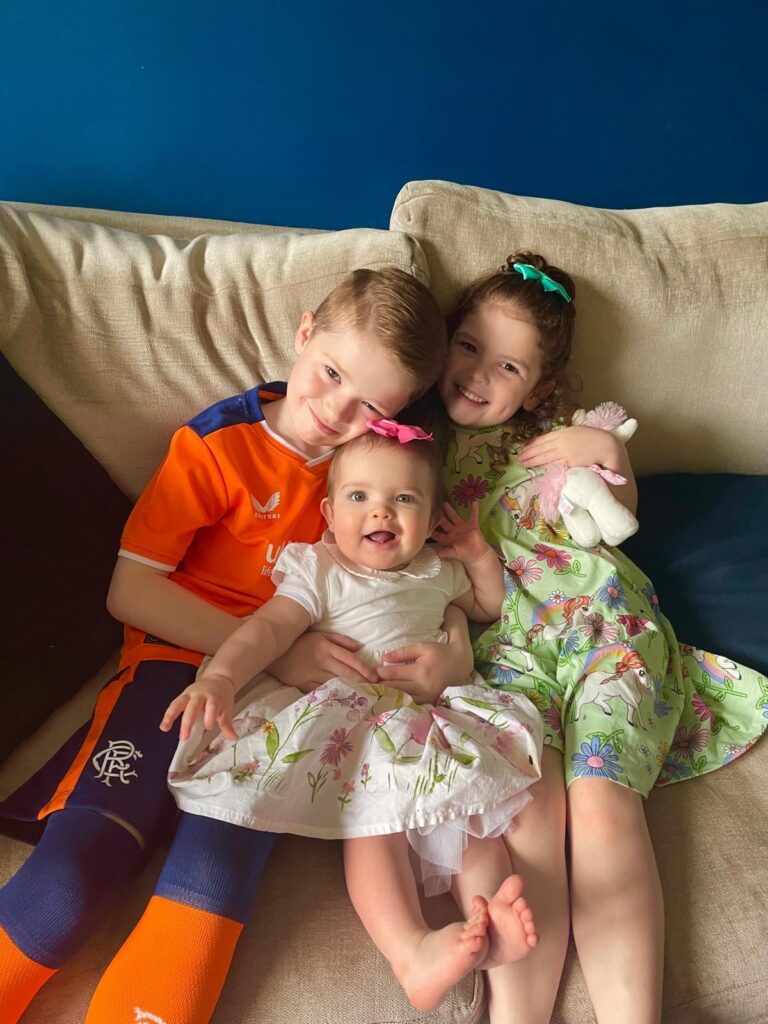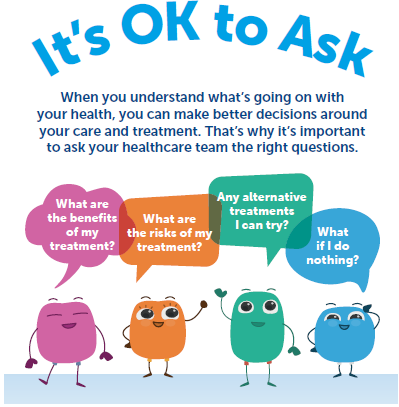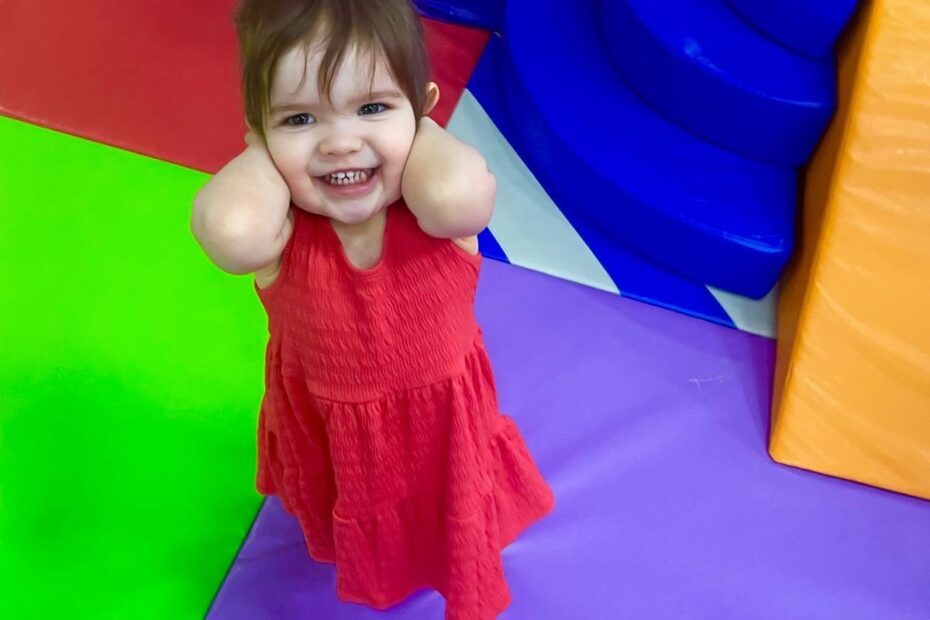
A family from Cranhill have explained how an NHS Greater Glasgow and Clyde team empowered them to share the decision of healthcare for their daughter.
Lauren (33) and Jon Mitchell (30) are devoted parents of Callie (2). Callie faced developmental challenges, including reaching her speech milestones. Lauren and Jon’s instincts told them something wasn’t quite right, and they sought support via Callie’s health visitor who introduced them to the NHSGGC Speech and Language Therapy Team.
They were then visited at home by Emma Gannon, NHSGGC Speech and Language Therapist. The pair shared their feelings with Emma that Callie may have autism. Emma provided Callie with a thorough assessment over a few visits. She asked the family many questions about Callie’s world, her likes, dislikes, and family routines.
Emma also ensured she was taking in what mattered in their family’s world and what mattered to them.
Lauren said: “We were completely involved. They listened to us — the parents who know our child best.”
When Callie received an official autism diagnosis, relief washed over Lauren and Jon. But what truly empowered them was the shared decision-making process that followed.

Shared decision making in action: choices and trust
Shared decision-making is about collaboration—a true partnership between patients, their families, and healthcare professionals. It is a practice engrained in the care of the NHSGGC Speech and Language Therapy team, including Emma and Support Worker, Joan McAllister.
Emma and Joan sat down with Lauren and Jon and explained the options available to them as a family to support Callie, such as support groups, neuro-affirming therapeutic relationships, and more. The family could attend any or none. They were informed of the different options and were supported to make a decision that was right for them and for Callie.
Lauren reflected: “We felt in control. We chose what was best for Callie and all of us as a family.
“After a few months with the NHSGGC Speech and Language team, Callie had picked up a couple of cues but was still non-verbal. We were given the choice to continue the speech and language sessions, or to work with the tools we had been taught to weave into our everyday routine, such as word repetition at home. We chose to end the sessions and integrate at home for now.
“It was empowering to know that the speech and language team have that trust in us to do so and good to know that they are there for us if we have anxieties.”
Every child is unique
Lauren acknowledges that autistic children are diverse with their own unique strengths and differences which should be understood and celebrated. What works for one may not suit another. Callie’s readiness matters. Lauren wisely holds back, waiting for the right moment. She knows the NHSGGC team is there if needed in future.
Lauren added: “We’re navigating this journey together. And that’s what shared decision-making is all about.”
Emma Gannon, Callie’s Speech and Language Therapist, explained how she and her team put shared decision-making into action.
“Listening to what the family needs is at the centre of our Speech and Language Therapy team’s care as we value what is meaningful to the family. We believe it is important to share our knowledge rather than impose it and explain all treatment options to empower families to make informed choices about their care.”


